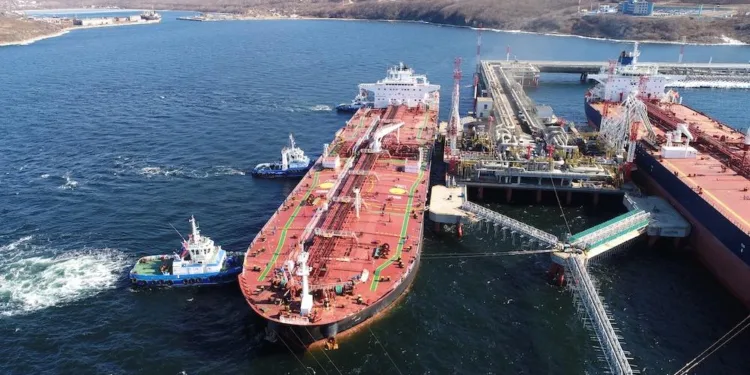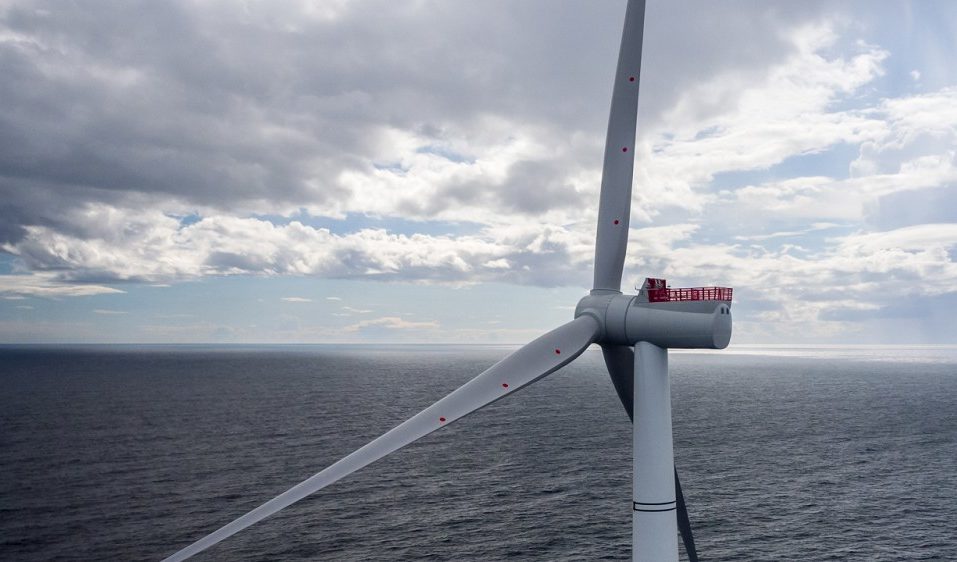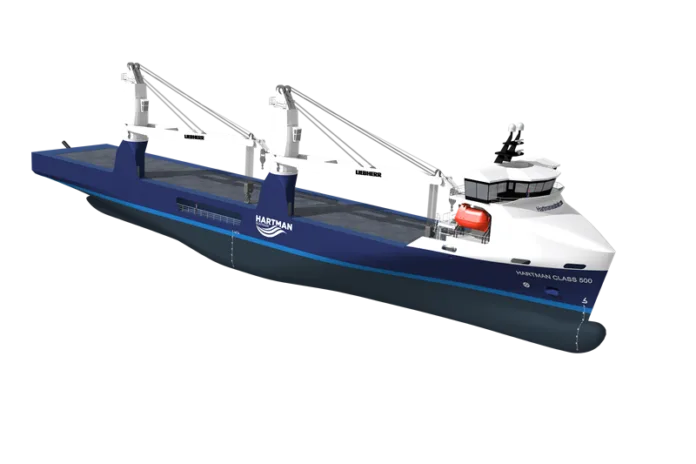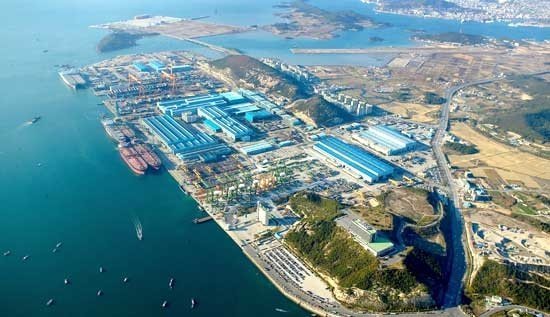The UK government has launched its strongest sanctions offensive to date against Russia’s energy sector, directly targeting oil majors Rosneft and Lukoil, four Chinese oil terminals, and 44 tankers from Moscow’s so-called shadow fleet as well as seven LNG carriers, in a sweeping move aimed at choking off Kremlin oil revenues.
Unveiled on Wednesday by foreign secretary Yvette Cooper in parliament, the 90 new sanctions are designed to take Russian oil “off the market”, cutting off what Chancellor Rachel Reeves called the “funding that fuels Putin’s war machine”.
The move marks the first time London has sanctioned Russia’s two biggest crude exporters, which together ship around 3.1m barrels per day. Rosneft alone accounts for nearly half of Russia’s oil output and 6% of global production.
Over half of the tankers detailed in London yesterday have already been sanctioned by the EU, while the UK list adds 20 oil tankers previously excluded by both the EU and the US. In total, the combined, US, EU and UK sanctions now cover more than 560 tankers linked to Russian oil exports.
The sanctions come as president Vladimir Putin opens Russian Energy Week in Moscow, where he is seeking to court new buyers for Russian crude and LNG amid shrinking Western demand and escalating restrictions.
The UK action goes further than previous rounds by also targeting global enablers of Russian oil exports, including India’s Nayara Energy, which imported an estimated 100m barrels of Russian crude worth over $5bn last year. Several Chinese terminals — including Beihai LNG — were also listed, as was a group of seven LNG carriers tied to Russia’s frozen Arctic LNG 2 project.
The Foreign Office confirmed that the package also includes a ban on imports of oil products refined in third countries if the crude originated in Russia, a measure intended to close one of the biggest loopholes in Western sanctions regimes.


















